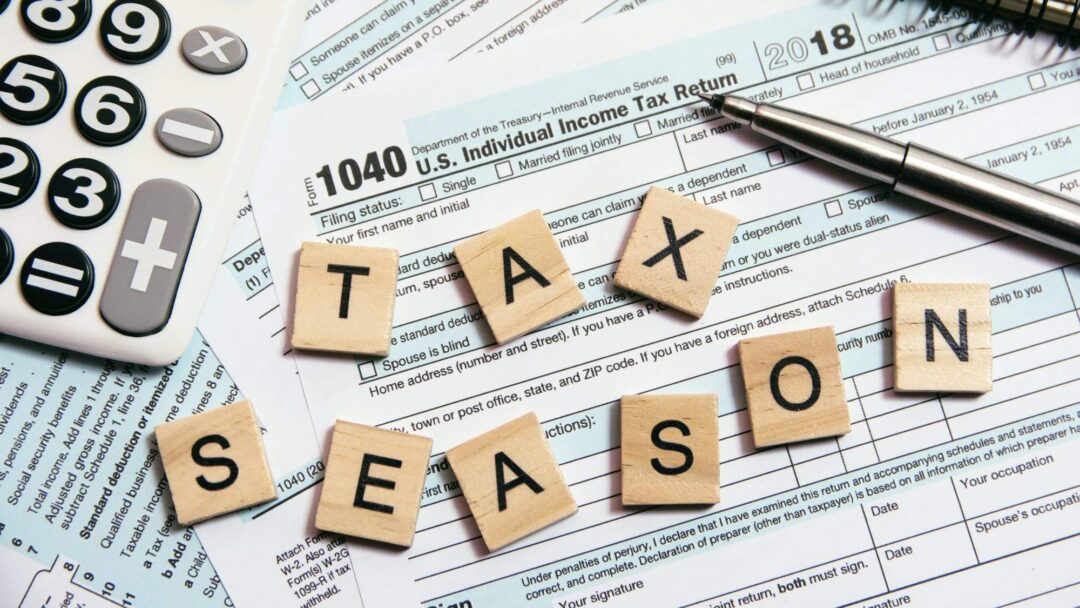Foreign nationals who have lived and worked in the US for a specified time during the tax assessment year are expected to file returns with the IRS. With the assistance of an ex-pat tax CPA for foreign nationals, you’ll complete the relevant forms and submit them to comply with your obligations. Your consultant will help you determine the taxes you’re liable to pay and whether you qualify for the exclusions that can lower the tax burden. Here’s some basic information you’re to find helpful.
You Must Determine Your Residency Status
You’re considered a taxable US resident if you have been physically present in the country for at least 31 days in the current year. Further, you should have lived in the country for a total of 183 days in the last three consecutive years, including the current year. Even if you’re a foreign national and don’t have the US Green Card, you must file returns in the US if you’ve worked and earned an income from US sources. This rule applies even if you’re paying taxes in the country where you reside permanently.
Paying Taxes as a Non-Resident
If you’ve lived in the US for less than 31 days in a taxable year and earned an income for services provided, that income is not taxable. However, the law requires your employing business to provide you a Form 1099-MISC to declare payments like attorney fees, medical and healthcare expenses, and any other prizes, rents, or awards. Any services worth $600 or more will require the business owner to provide you with a Form 1099-NEC. However, if you offer freelance services to a non-business entity for personal use, they need not provide you with the form. At the same time, you must declare this income when filing individual income tax to whichever country you’re liable to pay taxes.
Keep Track of the Due Date for Paying Taxes
The US tax assessment year follows the typical calendar year from January 1st to December 31st. Residents must file their return by April 15th of the ensuing year. In case you’re unable to meet the deadline, you can request an extension under exceptional circumstances. By filing Form 4868, you can get a six-month leeway and file your returns by October 15th. But do remember to attach a statement explaining the reason for the delay. If you serve in the military or navy or live and work outside the US and Puerto Rico as a US ex-pat, you’re allowed an automatic extension of two months. Accordingly, you’re permitted to file returns by June 15th.
Taxes on Property Owned in the US
Non-residents owning property that is lying unused need not pay taxes on it. However, when selling or renting the property, you must declare income or losses on the proceeds by filing both federal and state taxes. Declaring the property on your annual returns is advisable, so you can claim any potential losses when eventually selling the property.
Tax regulations can be complex for foreign ex-pats in the US. Always work with an experienced consultant to stay compliant with the rules.
That was it for this article. If you found it helpful, consider checking out our blog STORIFYGO!





